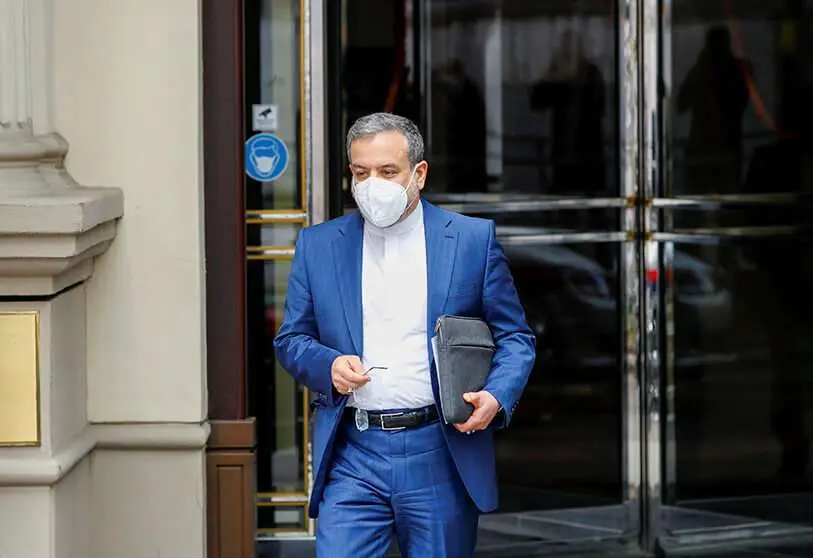Iran and US a step closer to return to nuclear deal, despite obstacles

Vienna is hosting a new round of talks between Iran and the signatories to the nuclear deal (Russia, France, the United Kingdom, Germany and China), mediated by the European Union. This week is vital in order to reach tacit agreements between the parties. Though a priori the countries are willing to return to the Joint Comprehensive Plan of Action (JCPOA), the latest controversies involving Iran and the United States do not make the path any easier.
Since the last contacts, the context for this new round seems to have changed radically. The leak of a recording in which Iranian Foreign Minister Mohammad Javad Zarif made multiple statements about the internal workings of the regime, as well as the role that the Islamic Revolutionary Guard Corps (IRGC) plays in the country's foreign policy, has ended up spilling over into US political life, specifically to former Secretary of State John Kerry.
The audios portray the Iranian foreign minister as subservient to the wishes of the Islamic Revolutionary Guard Corps at all times, dealing a severe blow to Zarif's negotiating role during the talks.

On the other hand, there is a large radical sector in Iran that is openly against a return to the 2015 nuclear deal. We are facing a decisive few weeks, as presidential elections will be held in Iran in mid-June, in which a radical candidate, opposed to the nuclear deal, could win.
US President Joe Biden has stated on several occasions that he is in favour of returning to the nuclear pact, but first demands full compliance by Iran with its obligations, especially with regard to uranium enrichment, a material with dual civilian and military use. This is the main point of disagreement between the two countries, as the Islamic Republic demands that the US take the first step by lifting all economic sanctions, since it was the US that unilaterally withdrew from the nuclear pact in 2018.

Israel, the United States' great ally in the Middle East, has emerged as another major impediment to restoring the JCPOA. The Jewish state has openly expressed its disagreement with the US decision to reinstate the nuclear deal with Iran. Israel has declared to be in favour of the policy of "maximum pressure" that the former president, Donald Trump, had applied to the Persian country since 2018.
Indeed, senior Israeli officials including Israel's National Security Adviser Meir Ben-Shabbat travelled to Washington to discuss a return to the Iran nuclear deal. While the Vienna talks were taking place, Meir Ben-Shabbat and US National Security Advisor Jake Sullivan were meeting in parallel.

"The US and Israeli officials discussed their serious concerns about advancements in Iran's nuclear program in recent years. The United States updated Israel on the talks in Vienna and emphasized strong US interest in consulting closely with Israel on the nuclear issue going forward," the White House statement said.
The two countries have also agreed to establish an interagency working group to pay special attention to the growing threat of unmanned aerial vehicles and precision-guided missiles produced by Iran and supplied to its proxies in the Middle East region.
Meanwhile across the ocean, indirect contacts between the US and Iranian delegations continue. China's ambassador to the UN in Vienna, Wang Qun, said that "we see important progress, but some significant differences". The diplomat said that "China believes that the issue of the sequence in which the United States and Iran resume the implementation of the JCPOA is first and foremost a matter of sense of justice". Wang said. Therefore, the United States should first remove all illegal unilateral sanctions on Iran and third parties. This is the key to the success of the negotiations."

The Iranian negotiator, Abbas Araqchi, said that during this new round of talks there had been progress and that "the nuclear working group and the working group on lifting sanctions will begin today with the drafting (of a draft agreement)", according to EFE news agency.
The next few weeks are decisive for all parties, time is against them, and prolonging these negotiations too long could lead to weariness that would not benefit the return to the nuclear pact in any way. Both Iran and the United States expect the other to take the first step, and this is the main obstacle to resuming a pact that implies a mutual trust between the two countries that was completely broken in 2018.








